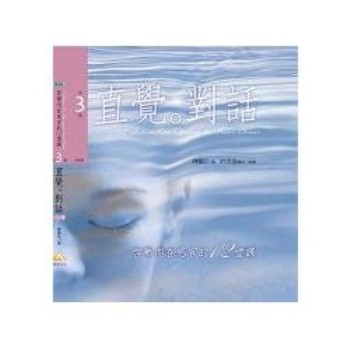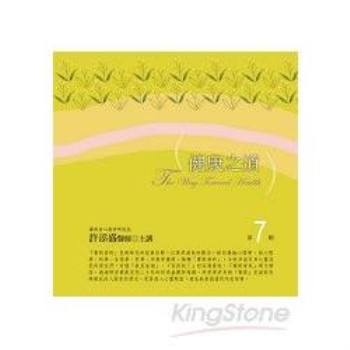At the end of the Spanish Civil War the Nationalist government instigated mass repression against anyone suspected of loyalty to the defeated Republican side. Around 200,000 people were imprisoned for political crimes in the weeks and months following 1st April 1939, including thousands of women who were charged with offences ranging from directing the home front to supporting their loved ones engaged in combat. Many women wrote and published texts about their experiences, seeking to make their voices heard and to counteract the dehumanising master narrative of the right-wing victors that had criminalised their existence. The memoirs of Communist women, such as Tomasa Cuevas and Juana Doña, have heavily influenced our understanding of life in prison for women under franquismo, while texts by non-Communist women have largely been ignored. This monograph offers a comparative study of the life writing of female political prisoners in Spain, focusing on six texts in particular: the two volumes of Cárcel de mujeres by Tomasa Cuevas; Desde la noche y la niebla by Juana Doña; Réquiem por la libertad by Ángeles García-Madrid; Abajo las dictaduras by Josefa Garcia Segret; and Aquello sucedió así by Ángeles Malonda. All the texts share common themes, such as describing the hunger and repression that all political prisoners suffered. However, the ideologically-driven narratives of Communist women often foreground representations of resistance at the expense of exploring the emotional and intellectual struggle for survival that many women political prisoners faced in the aftermath of the Spanish Civil War. This study nuances our understanding of imprisoned women as individuals and as a collective, analysing how women political prisoners sought recognition and justice in the face of a vindictive dictatorship. It also explores the women’s response to the spirit of convivencia during the transition to democracy, which once again threatened to silence them.
| FindBook |
有 1 項符合
Women Political Prisoners After the Spanish Civil War: Narratives of Resistance and Survival的圖書 |
 |
Women Political Prisoners After the Spanish Civil War: Narratives of Resistance and Survival 作者:Fisher 出版社:Liverpool University Press 出版日期:2021-10-30 語言:英文 規格:平裝 / 272頁 / 普通級/ 初版 |
| 圖書館借閱 |
| 國家圖書館 | 全國圖書書目資訊網 | 國立公共資訊圖書館 | 電子書服務平台 | MetaCat 跨館整合查詢 |
| 臺北市立圖書館 | 新北市立圖書館 | 基隆市公共圖書館 | 桃園市立圖書館 | 新竹縣公共圖書館 |
| 苗栗縣立圖書館 | 臺中市立圖書館 | 彰化縣公共圖書館 | 南投縣文化局 | 雲林縣公共圖書館 |
| 嘉義縣圖書館 | 臺南市立圖書館 | 高雄市立圖書館 | 屏東縣公共圖書館 | 宜蘭縣公共圖書館 |
| 花蓮縣文化局 | 臺東縣文化處 |
|
|
圖書介紹 - 資料來源:博客來 評分:
圖書名稱:Women Political Prisoners After the Spanish Civil War: Narratives of Resistance and Survival
|






![塔木德:猶太人的致富聖經[修訂版]:1000多年來帶領猶太人快速累積財富的神祕經典 塔木德:猶太人的致富聖經[修訂版]:1000多年來帶領猶太人快速累積財富的神祕經典](https://media.taaze.tw/showLargeImage.html?sc=11100697818)




